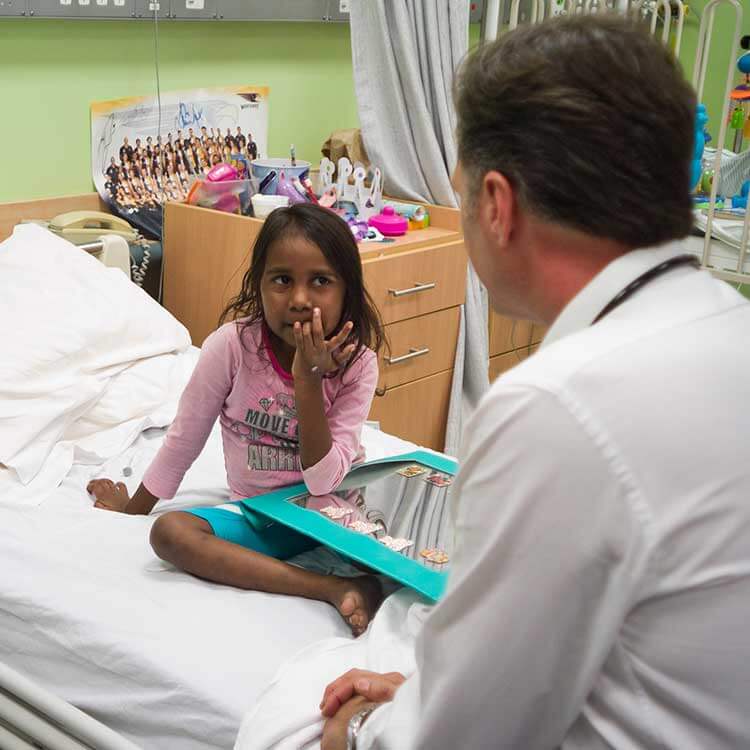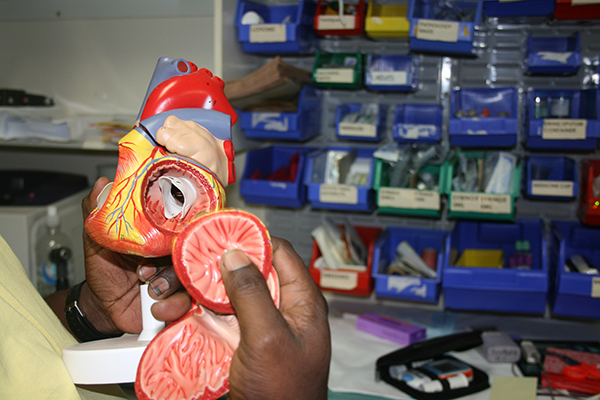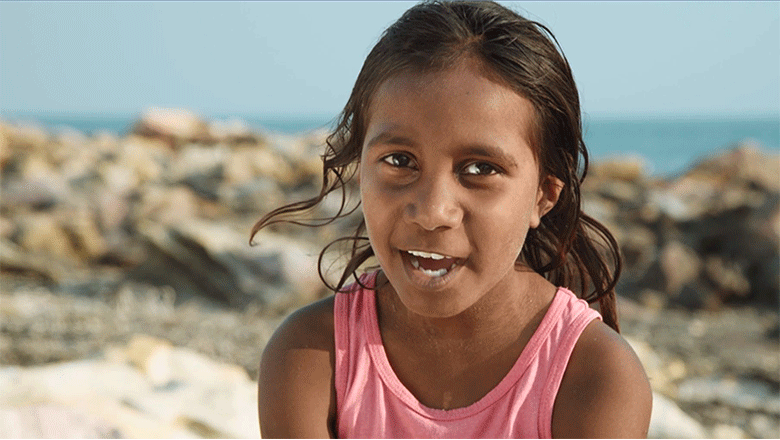Search

News & Events
Skin infections send eight out of every 100 Aboriginal babies to hospitalIn a WA first, researchers from The Kids Research Institute Australia have shown that Aboriginal babies are 22.5 times more likely to be treated for skin infections than non-Aboriginal babies.

News & Events
Bold bid to end rheumatic heart diseaseSome of the nation’s leading medical researchers will converge on Darwin this week to step out a plan to wipe out rheumatic heart disease.

News & Events
The Kids takes fight against one of the world’s deadliest bugs to national stageLast night, almost 60 supporters gathered at Adelaide Town Hall for the inaugural The Kids Research Institute Australia Adelaide Lecture, Not Just a Sore Throat: The Race to Stop One of the Deadliest Bugs on the Planet.

People
Dr Janessa PickeringDr Janessa Pickering is a research microbiologist with expertise in the molecular diagnostics and host pathogen interactions of upper respiratory tract pathogens that cause disease in children.


News & Events
Preventing RHD through community-driven activitiesHealth activities driven by remote Indigenous communities may be key to the sustainable and successful treatment and prevention of a potentially fatal disease, a study has found.

News & Events
The Kids Research Institute Australia researchers finalists for 2016 Eureka PrizesThree Perth researchers from The Kids Research Institute Australia have today been named finalists for the 2016 Australian Museum Eureka Prizes.

News & Events
New Rheumatic Heart Disease CentreThe Kids Research Institute Australia is proud to announce the launch of a world class Centre of Research Excellence in rheumatic heart disease (RHD).
Research
Notification of acute rheumatic fever and rheumatic heart disease in hospitalised people in the Midwest region of Western Australia, 2012–2022: a retrospective cohort studyAcute rheumatic fever and rheumatic heart disease are caused by untreated group A streptococcus infections. Their prevalence is much higher among First Nations people than other Australians.
Research
Are we missing opportunities to detect acute rheumatic fever and rheumatic heart disease in hospital care? A multijurisdictional cohort studyThis study aimed to investigate potential missed diagnoses of acute rheumatic fever and rheumatic heart disease during hospital-based care among persons subsequently identified with these conditions.
